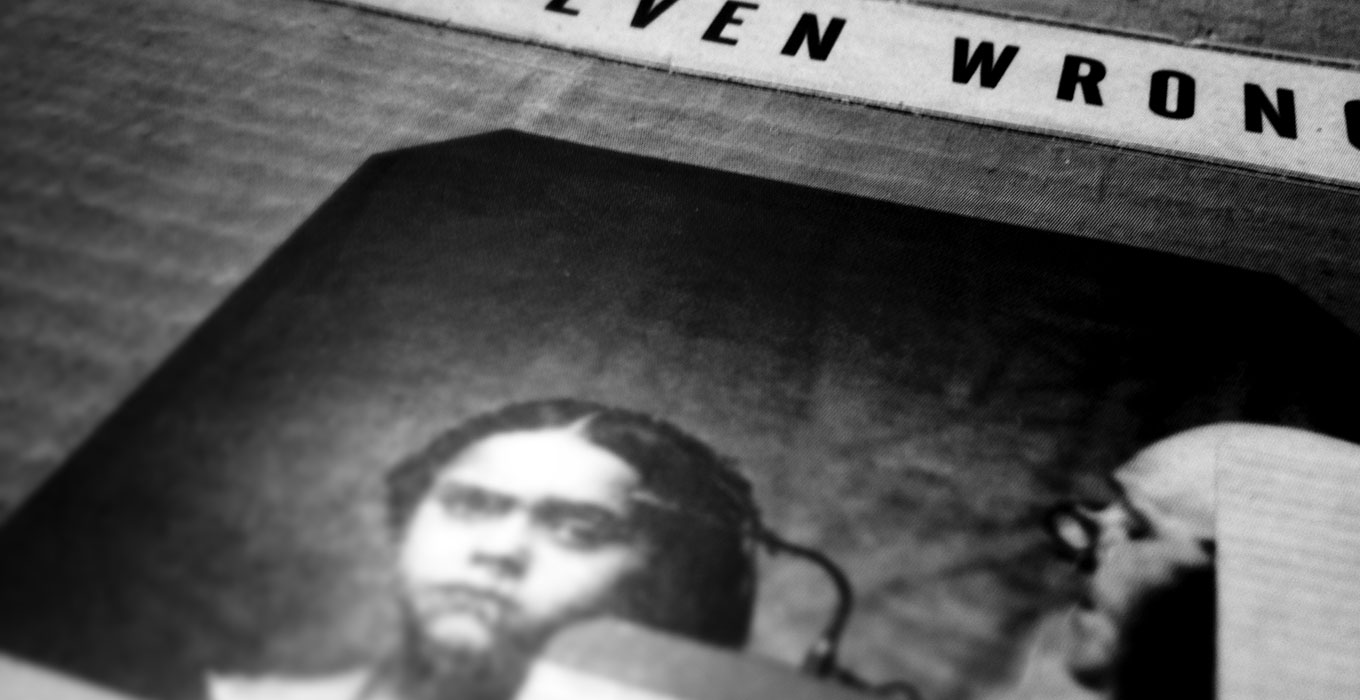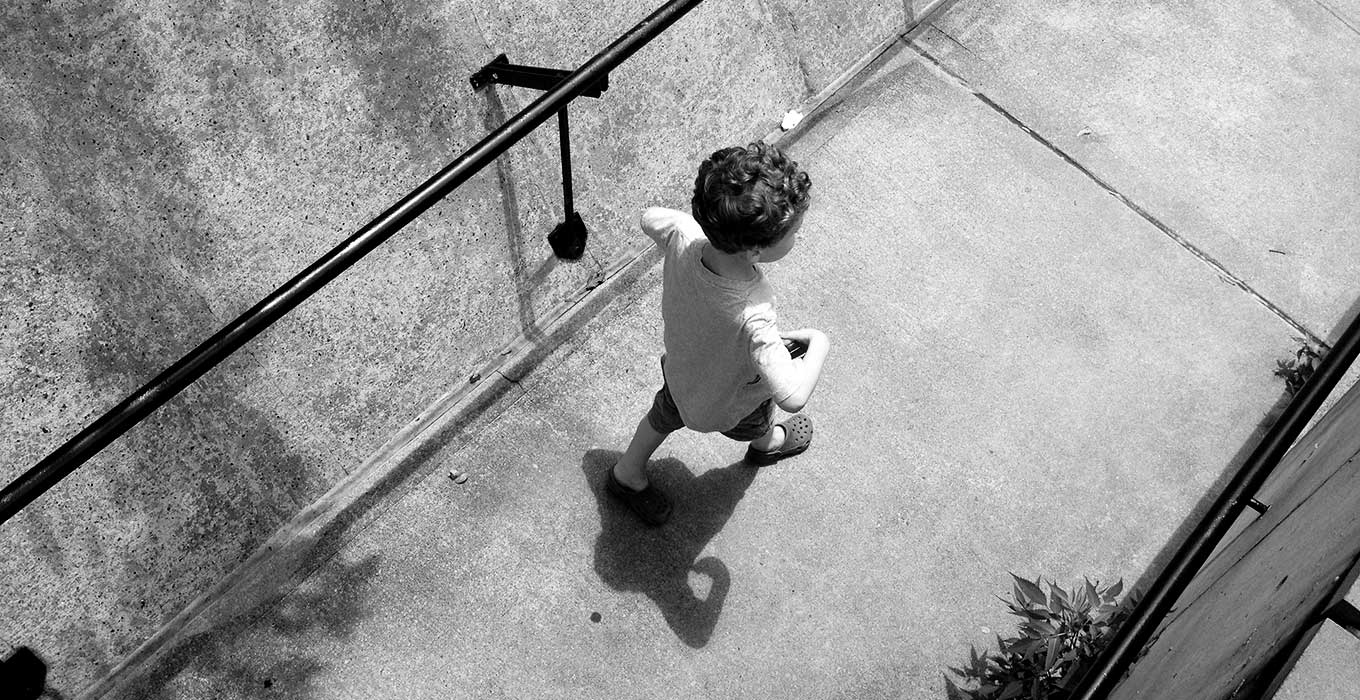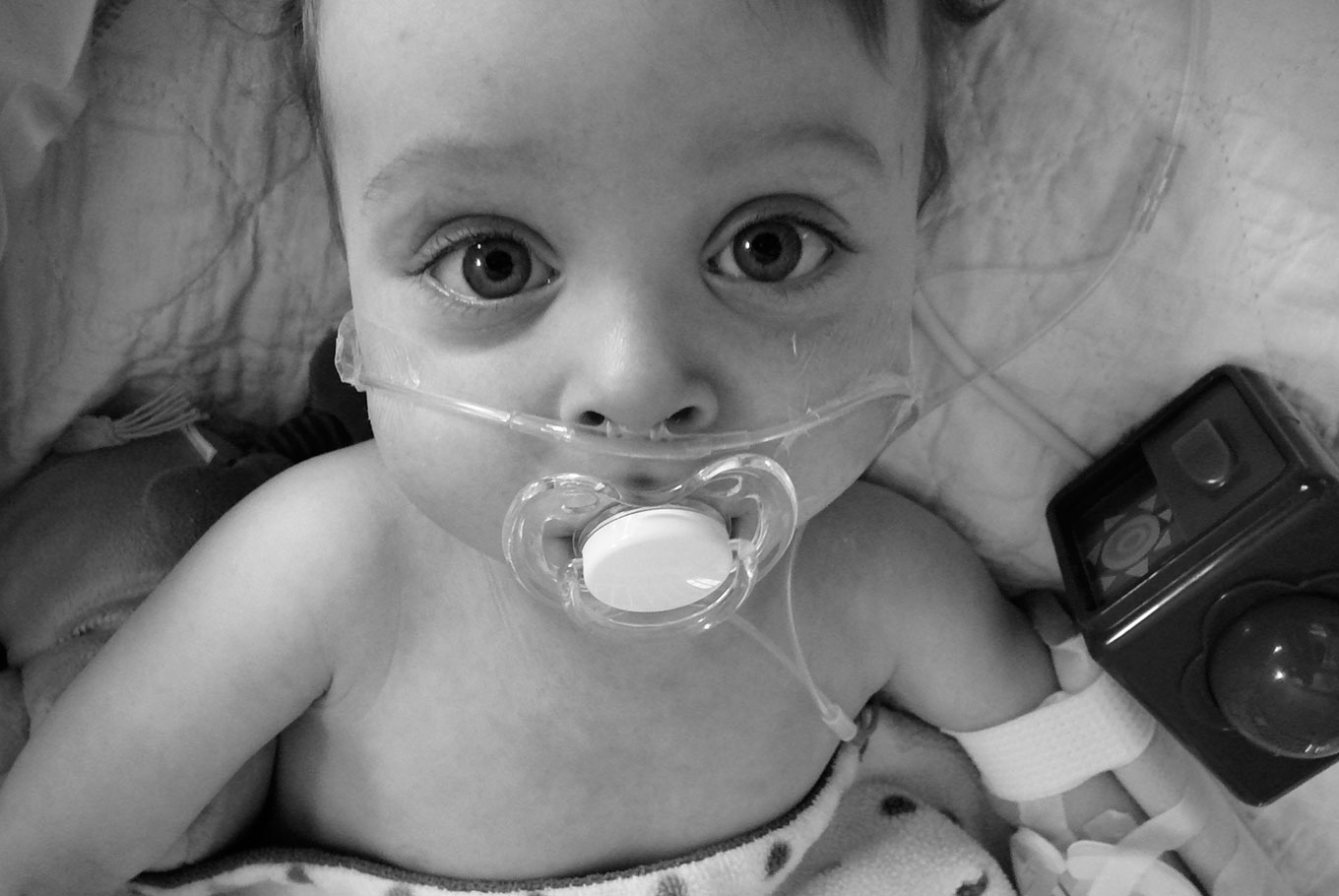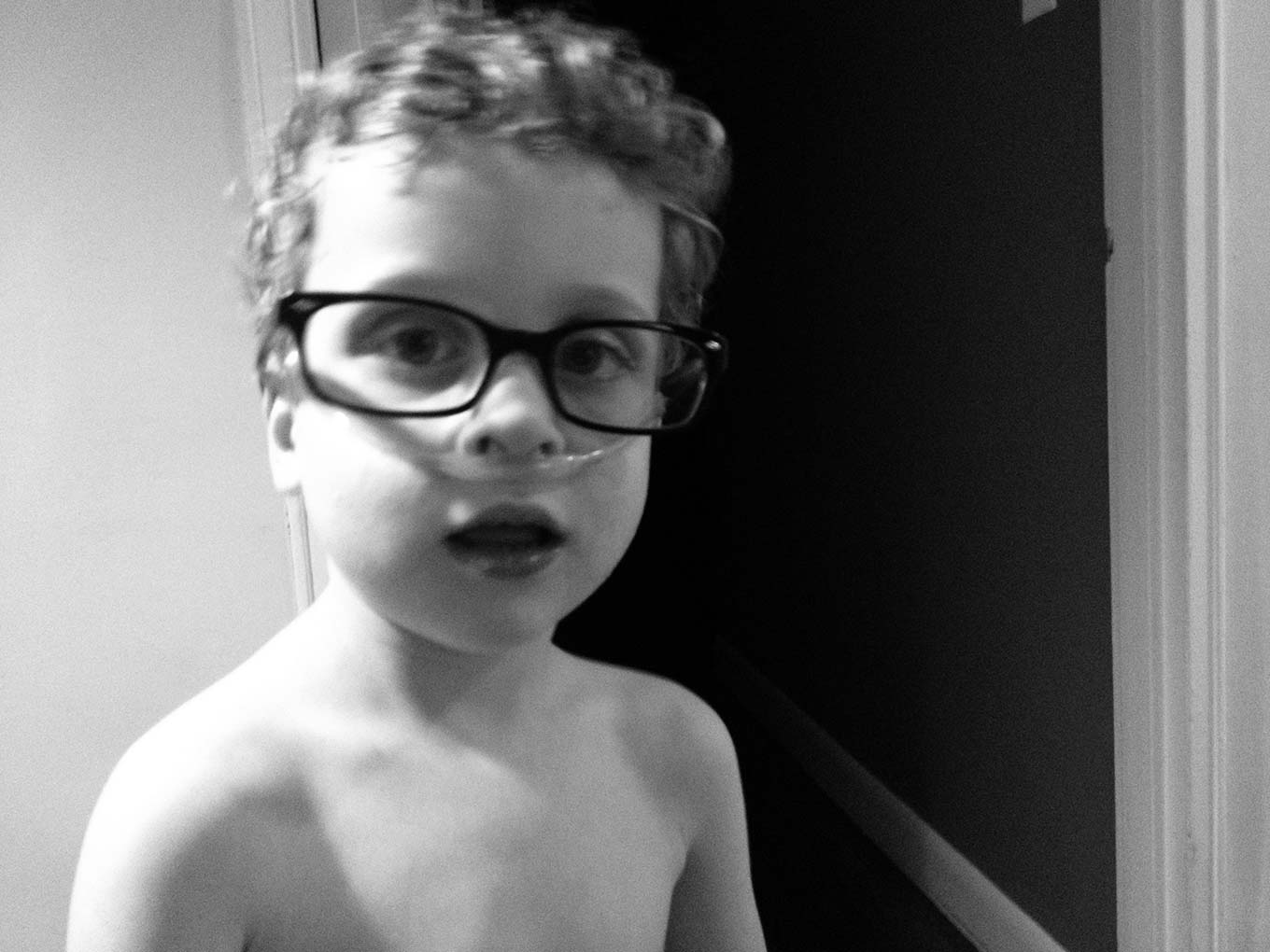 Shortly after C's diagnosis I began reading everything I could on autism. I focused on possible causes, potential therapies, and what we might do to make things better.
Shortly after C's diagnosis I began reading everything I could on autism. I focused on possible causes, potential therapies, and what we might do to make things better.
After a while, I needed a break; I wanted to read something that wasn't autism-related. One of the last books I read before C's diagnosis was The Murder of the Century by Paul Collins, a smart and insightful non-fiction account of early 20th century journalism and its handling of a terrible crime.
Since I liked his writing, I decided to look for other books by Collins. Imagine my surprise when I discovered that he'd also written Not Even Wrong: A Father's Journey into the Lost History of Autism. The reviews were glowing, and the back cover description enticing:
Not Even Wrong is a haunting journey into the borderlands of neurology — a meditation on what 'normal' is, and how human genius comes to us in strange and wonderful forms.
The book captivated me; besides being beautifully written and sincere, it's a touching account of a parent's journey shortly before, during, and after receiving an autism diagnosis. More, though, it provides a wonderful and telling history of autism, and paints fascinating portraits of historical figures, infamous and famous, who were likely autists themselves.
Not Even Wrong was the first thing I'd read — or even really experienced — that helped me come to grips with the diagnosis and even begin to embrace it. I'd like to describe this transformation, but I don't think I'd do it justice. Instead, I'll just cite a couple of passages that demonstrate the sorts of insights that, to me, were revelatory:
"When Morgan's diagnosis first came in, all I could think of was: How do I fix him? How do I make him normal again? But there was no again, not really, because there never was a before. He has always been this way: it is who he is. Still, I wanted him to be able to fit in, to not have to feel that he was different. Just some special classes, some special help, I'd figured, and he can get along in the regular school classes, he can be mainstreamed. And I supposed it's a fine thing to fit in, when you can. If he does, that will make things easier. And if he doesn't?..."
And this, on trying to mainstream:
"...and the problem with pounding a square peg into a round hole is not that the hammering is hard work. It's that you are destroying the peg. What if normal school makes you abnormally miserable? And what if growing up into normal society makes you a miserable adult? Is that success? Is that normal? Do you want to be in the mainstream if it's going to drown you?"
And, finally, this:
"Autists are described by others — and by themselves — as aliens among humans. But there's an irony to this, for precisely the opposite is true. They are us, and to understand them is to begin to understand what it means to be human. Think of it: a disability is usually defined in terms of what is missing. A child tugs at his or her parents and whispers, 'Where's that man's arm?' But autism is an ability and a disability; it is as much about what is abundant as what is missing, an overexpression of the very traits that make our species unique. Other animals are social, but only humans are capable of abstract logic. The autistic outhuman the humans, and we can scarcely recognize the results."
I've recommended Not Even Wrong to several parents after they've received an autism diagnosis, but I would also recommend it to anyone — friends and family included — with an interest in history, neurology, psychology, autism, and unconditional love. You won't be disappointed.
 "When I was small, I didn't even know that I was a kid with special needs. How did I find out? By other people telling me that I was different from everyone else, and that this was a problem." — Naoki Higashida, The Reason I Jump
"When I was small, I didn't even know that I was a kid with special needs. How did I find out? By other people telling me that I was different from everyone else, and that this was a problem." — Naoki Higashida, The Reason I Jump


 It's hard to believe we lived over 2.5 years with 24/7 oxygen equipment — tanks, compressors, tubes — attached to our son no matter where we went. We kept explosive O2 tanks in our home, traveled with them in our car. We wrestled with yards of cumbersome (and tangle-some) tubing wherever we went.
It's hard to believe we lived over 2.5 years with 24/7 oxygen equipment — tanks, compressors, tubes — attached to our son no matter where we went. We kept explosive O2 tanks in our home, traveled with them in our car. We wrestled with yards of cumbersome (and tangle-some) tubing wherever we went. 
 Shortly after C's diagnosis I began reading everything I could on autism. I focused on possible causes, potential therapies, and what we might do to make things better.
Shortly after C's diagnosis I began reading everything I could on autism. I focused on possible causes, potential therapies, and what we might do to make things better.